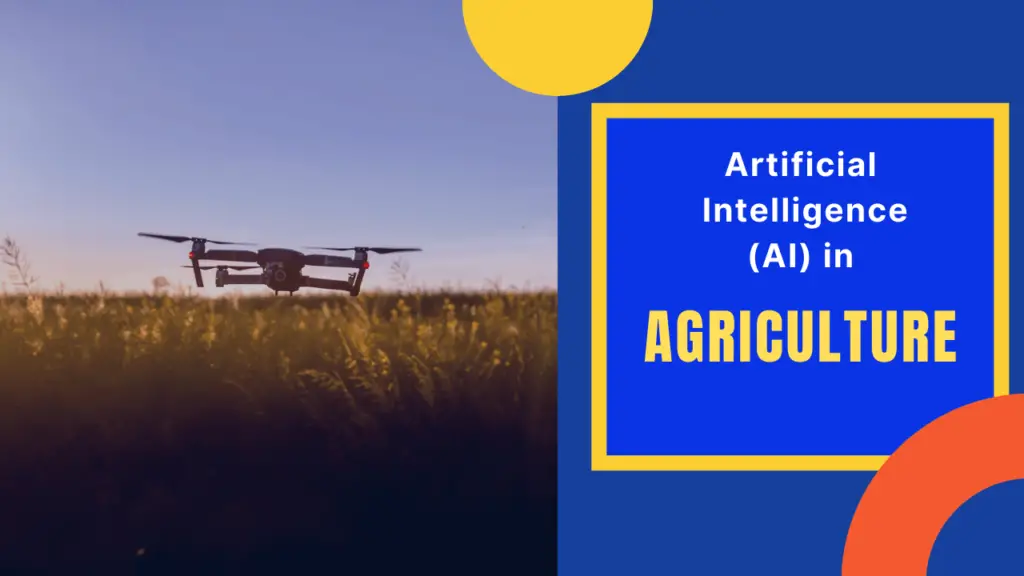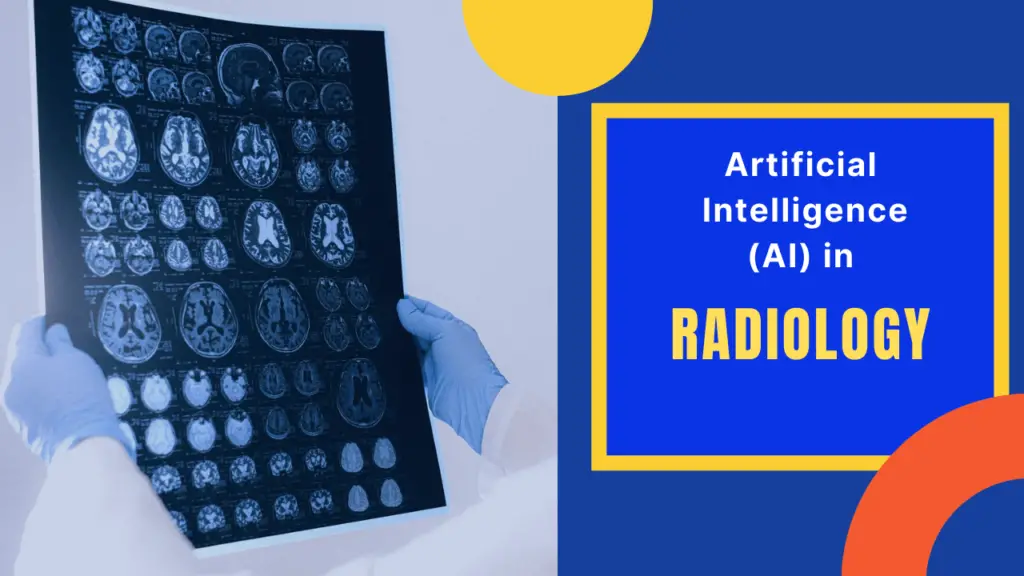Artificial intelligence solutions are helping to overcome challenges in almost every field. Likewise, AI is supporting the agricultural sector to boost productivity. AI in agriculture helps farmers to increase their efficiency and also reduce hostile environmental impacts. Artificial Intelligence in agriculture is transforming the way of food production. Moreover, AI technology helps control and manage any unusual natural condition. Currently, many startups in agriculture are adapting AI solutions to enhance the efficiency of agricultural production. Implementing AI solutions can help detect diseases and climate changes rapidly so that they can be smartly responded to. With AI, businesses in agriculture process the agricultural data to minimize adverse outcomes.

Advantages of AI implementation in Agriculture
The use of the AI approach in agriculture assists farmers to comprehend valuable data insights like temperature, wind speed, solar radiation, and precipitation. The best thing about the implementation of AI in agriculture is that it does not involve the risk of eliminating the jobs of farmers rather it enhances their processes.
- AI solutions focus on checking defective crops as well as improving the quality of crop production.
- AI technology offers efficient ways to produce, harvest, and sell crops.
- Advances in AI have strengthened agro-based businesses to function more efficiently.
- AI approach is being employed in several applications like automated machine adjustments to forecast weather conditions and disease identification.
- AI technology can ameliorate practices of crop management. This approach can help tech businesses invest more in algorithms that are becoming increasingly beneficial in agriculture.
- AI technology has the potential to solve the various challenges faced by farmers like climate variation and pest infestation.
Agricultural Robotics
AI businesses are creating robots that can perform several tasks easily in farming fields. Agricultural robots are trained not only to control weeds but also to harvest crops at a faster speed and with greater volumes compared to humans. These robots are trained for checking the quality of crops and detecting weeds with the picking of crops at the same time.
AI system to detect pests
Pests are bad enemies of farmers which damage crops. AI solutions employ satellite images and then compare them with previous data using AI algorithms. That’s how they detect if any insect landed like a locust, grasshopper, etc. AI systems then send alerts to farmers so that the farmers can take precautions and use pest control measures.
AI helps analyze farm data
Farms produce many thousands of data points every day. AI helps farmers analyze several things in real-time like weather conditions, soil usage, and temperature so that the farmers can make better decisions. AI solutions assist farmers to optimize planning to produce bountiful yields by determining the best hybrid seed choices and utilizing the required resources.
Precision Agriculture
AI systems also help farmers to better harvest quality and even improve accuracy. Precision agriculture employs an AI approach to help detect pests and diseases in plants. AI sensors easily detect and target weeds to decide which herbicides should be applied within the right buffer zone. It helps to prevent the over-application of herbicides that get incorporated into our food.
Farmers also use AI to make seasonal forecasting models to enhance agricultural accuracy and productivity. These models better predict future weather patterns to help the decisions of farmers. Seasonal forecasting holds great importance for small farms in developing countries since their data is limited. Keeping these farms operational is necessary because these farms generate 70% of the world’s crops.
Autonomous Tractors
There is a huge investment in developing autonomous tractors for several needs. The agricultural sector will get a lot of benefits from these driverless tractors. With AI technology and machine learning data for agriculture, the agricultural sector will be revolutionized by the use of autonomous tractors. These self-driving tractors are programmed to detect the position into fields and decide the speed while performing multiple tasks.
Crops Health Monitoring
Continuous deforestation and deterioration of soil quality are a big challenge for countries producing food on a large scale.
- A German-based startup PEAT developed a deep learning application known as Plantix that helps identify the defects as well as the nutritional deficiencies in soil including pests and plant diseases. This app works on image recognition technology and any smartphone can be used to capture the plants’ photographs and thereby detect defects in plants.
- Another machine-based learning company is Trace Genomics. It delivers soil analysis services to farmers. It helps farmers in monitoring the soil conditions as well as the crops’ health conditions so that healthy crops can be produced with higher yields.
- SkySquirrel Technologies acquired by VineView company is another good example. It has brought aerial imaging solutions that are drone-based to monitor the health of crops. Drones are used to make around to capture the data from the crops field and then all that data is transferred from drones to computers. That’s how the data gets analyzed by experts. Algorithms are used to analyze the captured photographs and give a detailed report that describes the current health of the crops which helps farmers take necessary steps to increase crop productivity.
AI is the key to productivity in Agriculture
AI works well if it gets applied to specialized machines that complete specific tasks and are programmed to complete an established objective. The scope with the highest potential in agriculture is the analysis of data from abroad which implies knowing how crops flourish in their environment, making useful predictions.
AI is applied in agriculture to the data that is taken by sensors, tractors, or drones. It then suggests to the farmers those actions that must be taken throughout the agricultural period. For instance, the choice of irrigation method is based on how rains behave in a certain period.
Conclusion
AI in agriculture is a useful tool that is now being implemented worldwide for the benefit of producers. It specifically helps those who work with precision farming. A set of technologies is applied to the field to collect the important information for decision-making that farmers must anticipate. Hence, AI machines are employed to perform tasks that are technical or the imitation of deductive processes of human thoughts.


